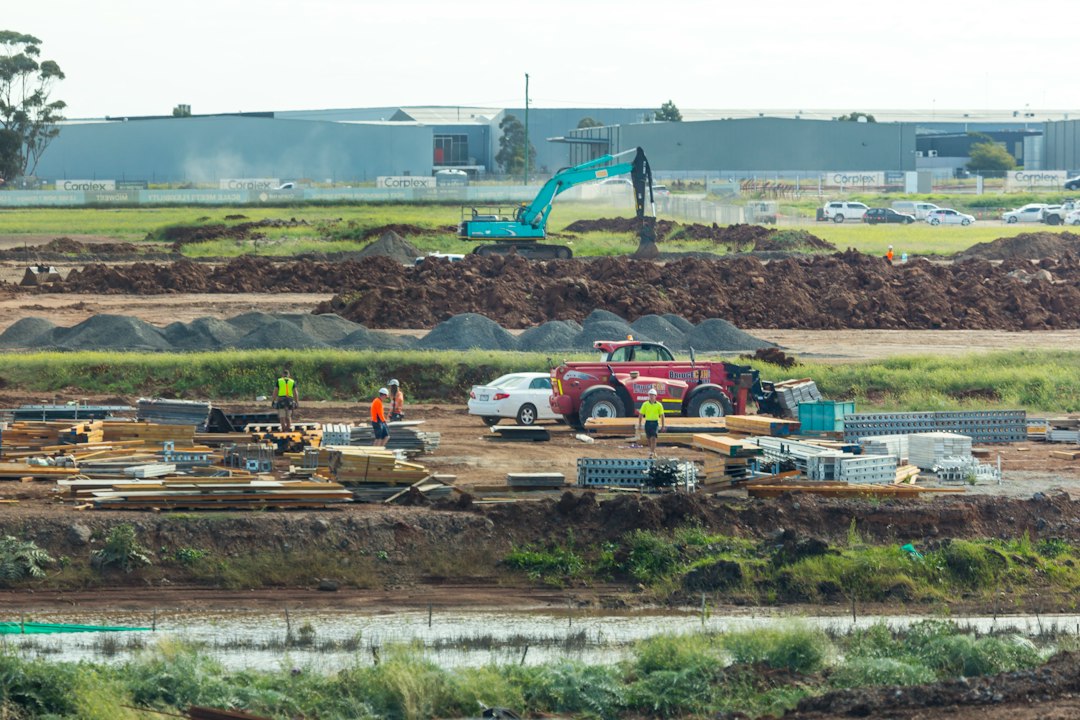The Impact of Climate Change on the Automotive Industry: Green Solutions and Innovations
Climate change is one of the most pressing global challenges of our time. With rising temperatures, extreme weather events, and threats to ecosystems, it is clear that urgent action is needed to mitigate the effects of climate change and transition towards a greener, more sustainable future. The automotive industry, as one of the largest contributors to greenhouse gas emissions, has a crucial role to play in this transition. In recent years, there has been a growing awareness within the industry of the impact of climate change and a rising demand for greener solutions and innovations.
The automotive industry has long been associated with carbon emissions due to the burning of fossil fuels in traditional combustion engines. The transportation sector accounts for a significant portion of global greenhouse gas emissions, with cars and trucks being major contributors. As a result, the industry has faced increasing scrutiny to reduce its carbon footprint and develop more environmentally friendly alternatives. This pressure, combined with growing consumer demand for cleaner vehicles, has spurred the automotive industry to invest in green solutions and innovations.
One of the most notable responses from the automotive industry to climate change has been the development of electric vehicles (EVs). EVs are powered by electricity rather than gasoline or diesel, which significantly reduces their carbon emissions. They offer a cleaner alternative to traditional vehicles, as they produce zero tailpipe emissions. This shift towards electric mobility has gained momentum, with major automotive manufacturers investing heavily in EV research and development. Tesla, for instance, has been at the forefront of the EV movement, producing high-performance electric vehicles that have captured the attention of consumers worldwide. Other manufacturers such as BMW, Nissan, and Volkswagen have also introduced their own electric vehicle models, further driving the transition to clean transportation.
The impact of climate change has also influenced the design and manufacturing processes of vehicles. Automotive manufacturers are increasingly incorporating sustainable materials and manufacturing methods into their production lines. This includes using recycled materials, reducing waste, and implementing energy-efficient practices. For example, Ford has made significant progress in developing vehicles made from recycled plastics and reducing water use in its manufacturing plants. Additionally, many manufacturers are exploring the use of renewable energy sources, such as solar power, to power their factories and charging infrastructure.
Furthermore, the automotive industry is embracing advancements in technology to enhance the efficiency of vehicles and reduce their environmental impact. These innovations include improved aerodynamics, lightweight materials, and advanced engine technologies. For instance, hybrid vehicles, which combine both an internal combustion engine and an electric motor, offer increased fuel efficiency and reduced emissions. Technologies like start-stop systems, which automatically shut off the engine when the vehicle is stationary, also contribute to lower emissions and improved fuel economy. Additionally, the concept of autonomous driving, where vehicles are capable of navigating without human input, holds promise for reducing traffic congestion and optimizing fuel consumption.
The impact of climate change has not only inspired automotive manufacturers but has also influenced the mindset of consumers. There is a growing awareness among individuals about the need to make greener choices, including their vehicle purchases. Many consumers are now willing to pay a premium for environmentally friendly vehicles that align with their values. This shift in consumer preferences has driven manufacturers to offer a wider range of electric and hybrid vehicle options, as well as more efficient traditional vehicles. The availability of government incentives and subsidies for purchasing green vehicles has also contributed to the growing adoption of eco-friendly transportation.
While the automotive industry has made significant progress in addressing climate change, there are still challenges to overcome. The infrastructure for charging electric vehicles, for instance, needs to be expanded to accommodate the growing number of EVs on the road. There is also a need for continued innovation in battery technology to improve the range and charging times of electric vehicles. Moreover, the automotive industry must continue to push for stricter emissions standards and regulations to ensure a level playing field for all manufacturers.
In conclusion, the impact of climate change has prompted the automotive industry to transition towards a greener, more sustainable future. The development of electric vehicles, the incorporation of sustainable materials and manufacturing practices, and the implementation of advanced technologies have revolutionized the industry. Additionally, changing consumer preferences and government incentives have accelerated the adoption of greener transport options. While challenges remain, the automotive industry’s commitment to green solutions and innovations is a positive step towards mitigating the effects of climate change and creating a more sustainable future.


